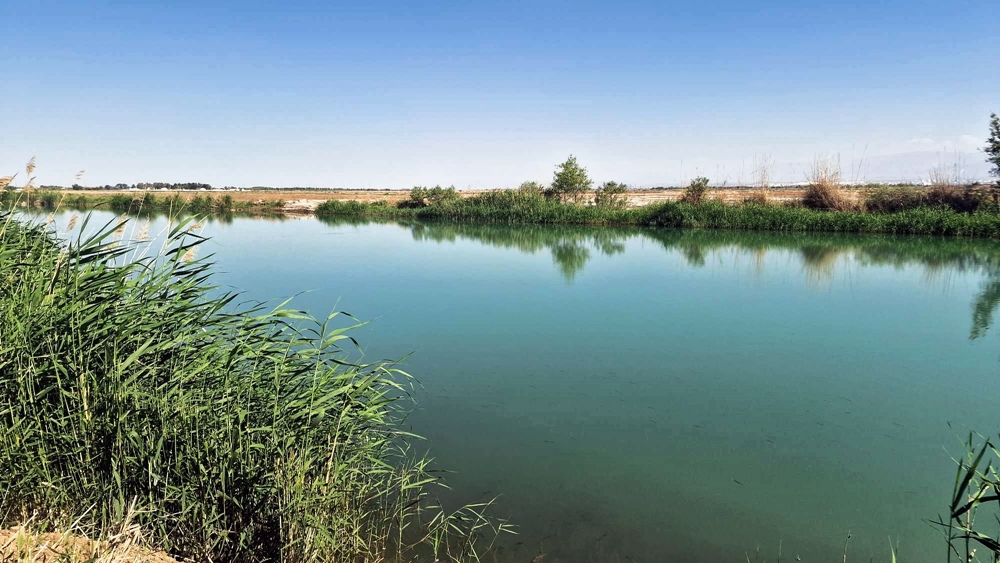In a crucial step towards tackling the region’s mounting environmental concerns, the UN General Assembly unanimously adopted a resolution titled “Central Asia facing environmental challenges: fostering regional solidarity for sustainable development and prosperity”. This document, spearheaded by Uzbekistan alongside numerous countries, marks a vital recognition of the dire challenges facing Central Asia.
The resolution emphasizes the importance of strengthening regional cooperation to solve environmental problems in Central Asia, including the Aral Sea region, and promote socio-economic development and measures to adapt to climate change.
The resolution mentions the adoption by the Heads of State of the Central Asian countries of the regional programme known as “Green Agenda for Central Asia”, aimed at fostering sustainable development.
Moreover, the Resolution welcomes the initiative of Uzbekistan to convene an International Climate Forum in Samarkand in 2024, dedicated to seeking coordinated approaches and solutions to environmental challenges in the Central Asian region, and the initiative of Kazakhstan to organize a regional climate summit in 2026, aimed at strengthening the regional response to climate change.
Beyond tackling immediate problems, the resolution proposes long-term solutions. It underscores the need to bolster scientific and technological capacities of Central Asian countries to promote sustainable agriculture, sustainable patterns of consumption and production, afforestation and reforestation, the sustainable use of freshwater resources, the recycling of waste, energy efficiency, sustainable tourism, smart cities and sustainable transport, building drought resistance and combating land degradation.
The resolution was co-sponsored by 35 UN member states from all regions of the world. They include all the countries of Central Asia, Armenia, Azerbaijan, Belarus, Hungary, Venezuela, China, Egypt, Indonesia, Jordan, Germany, Switzerland, Malaysia, Nicaragua, Singapore, Türkiye, Paraguay and others. ///nCa, 20 December 2023
